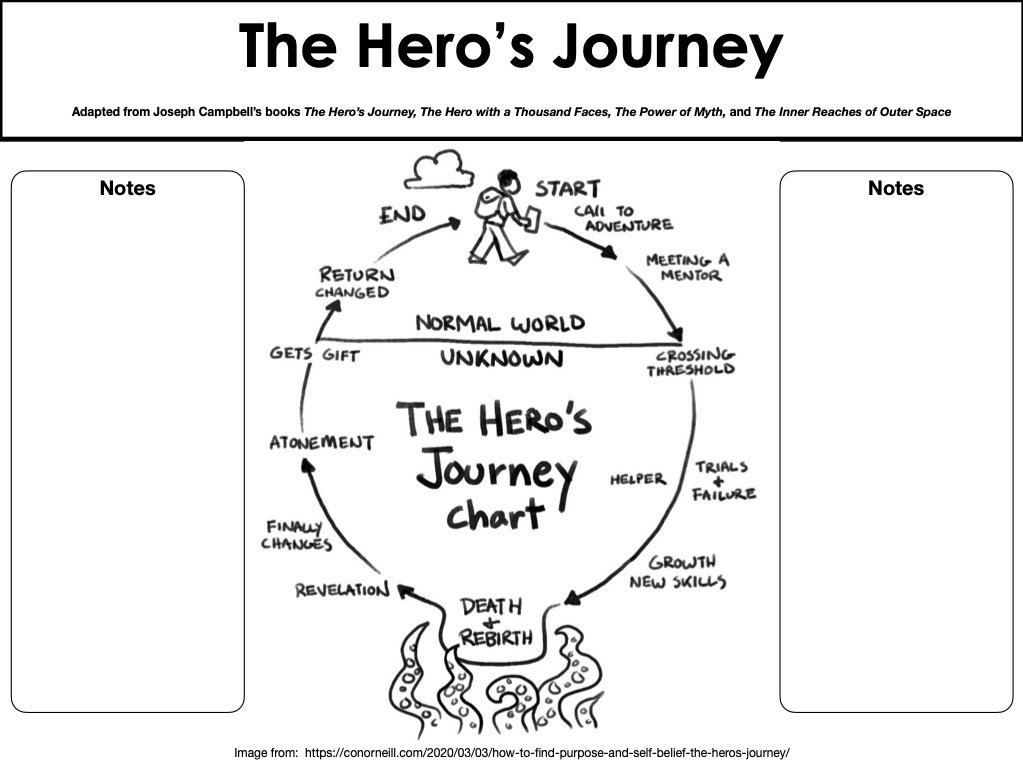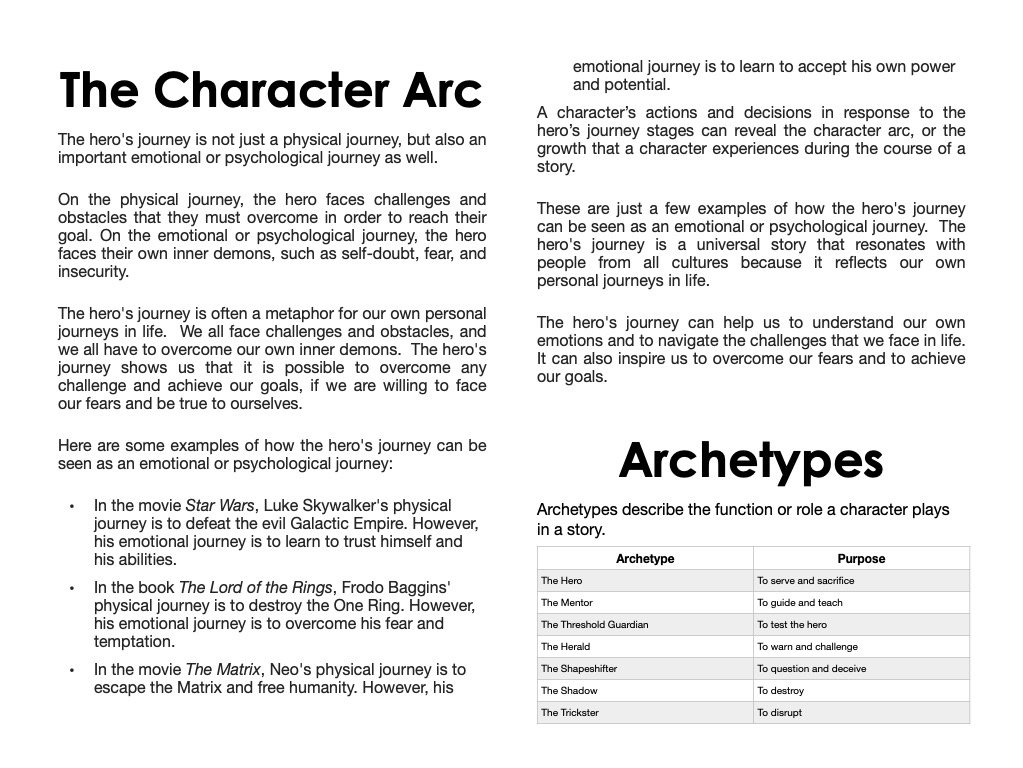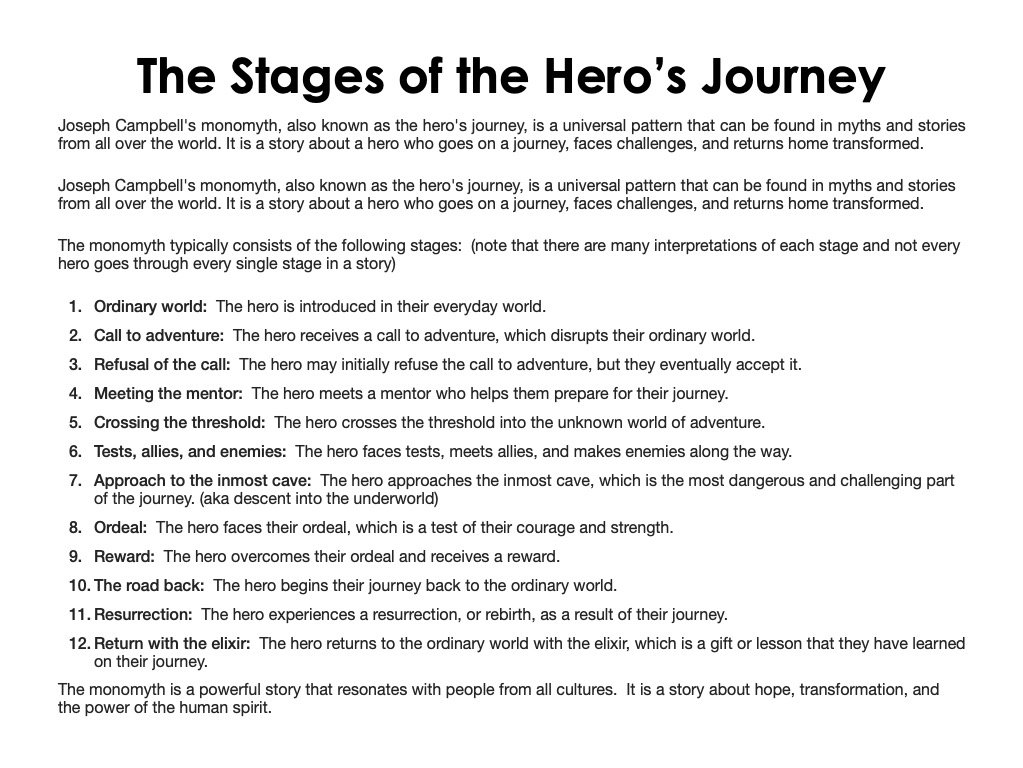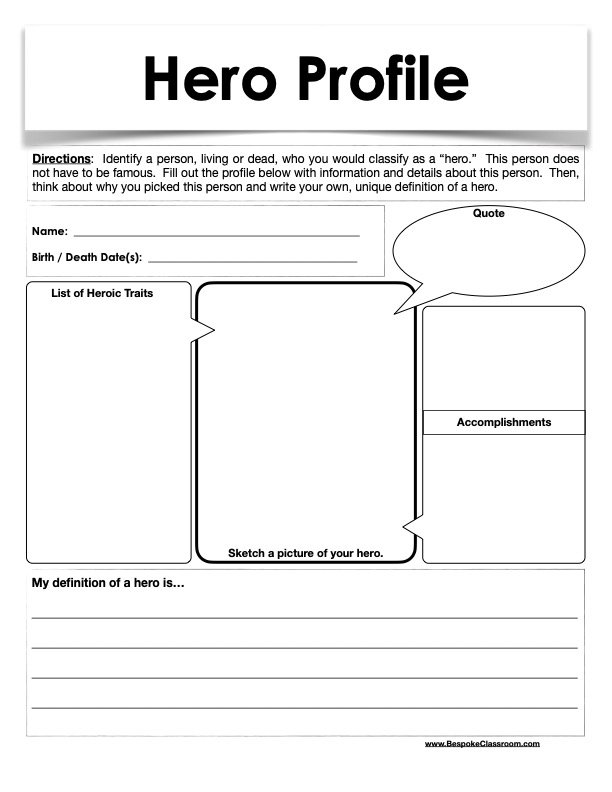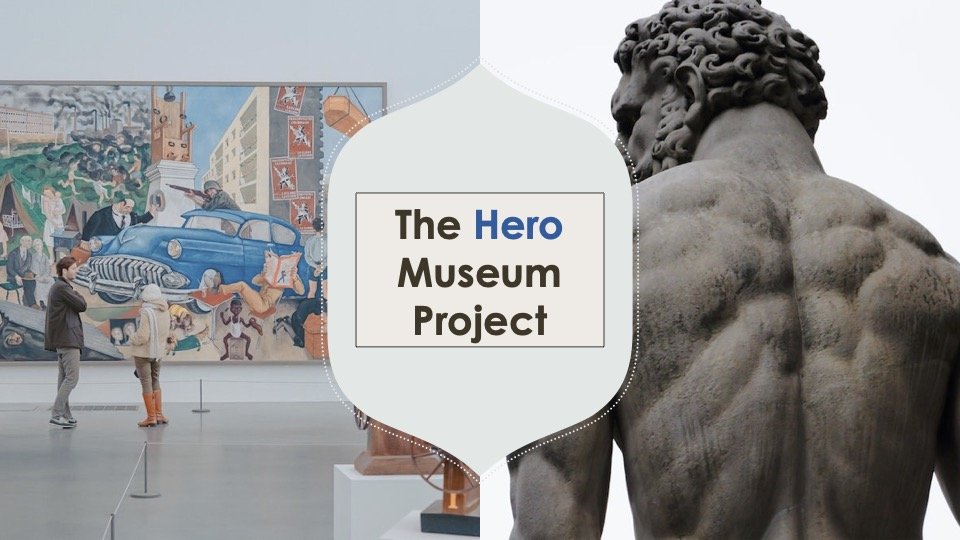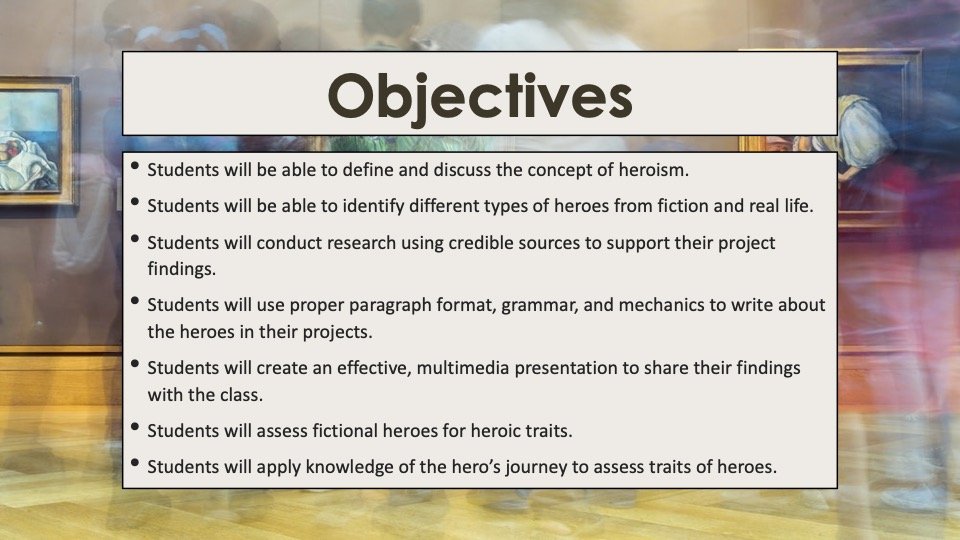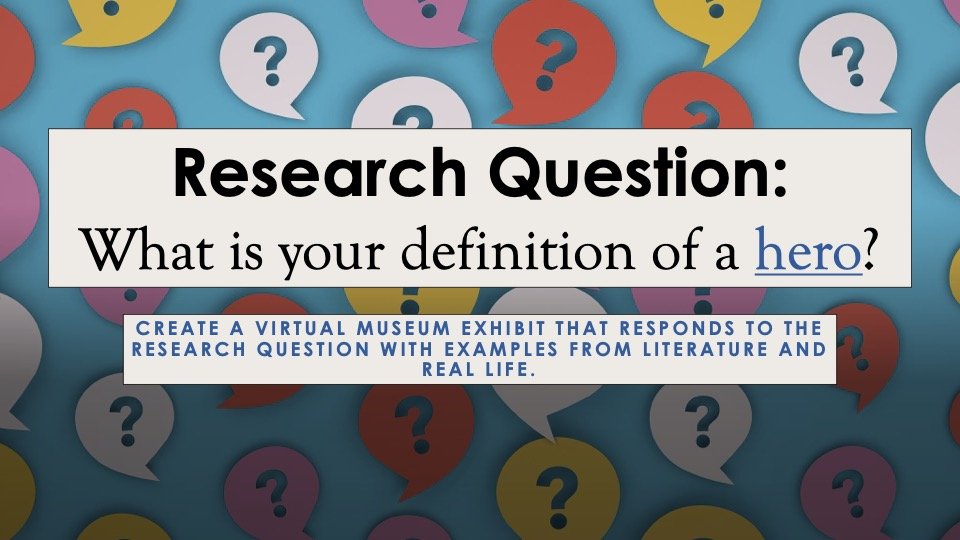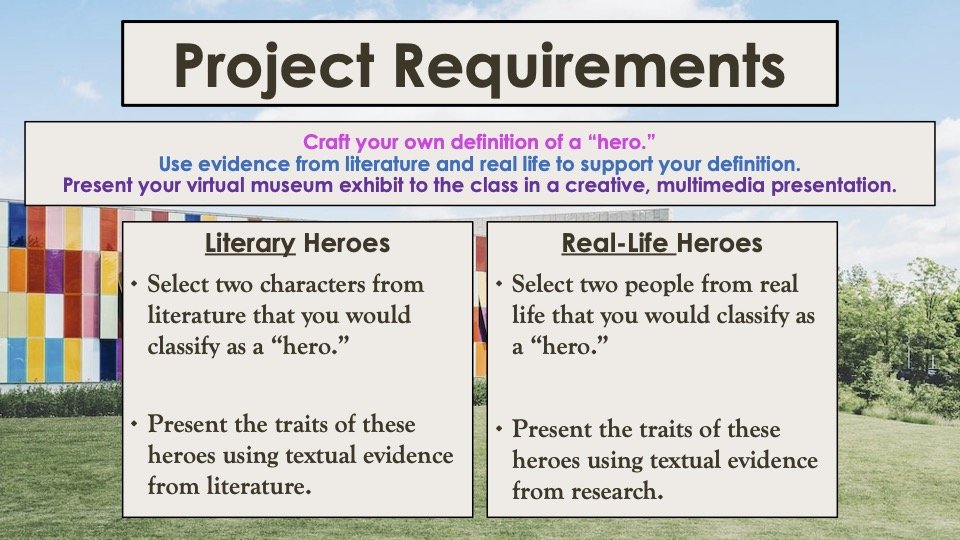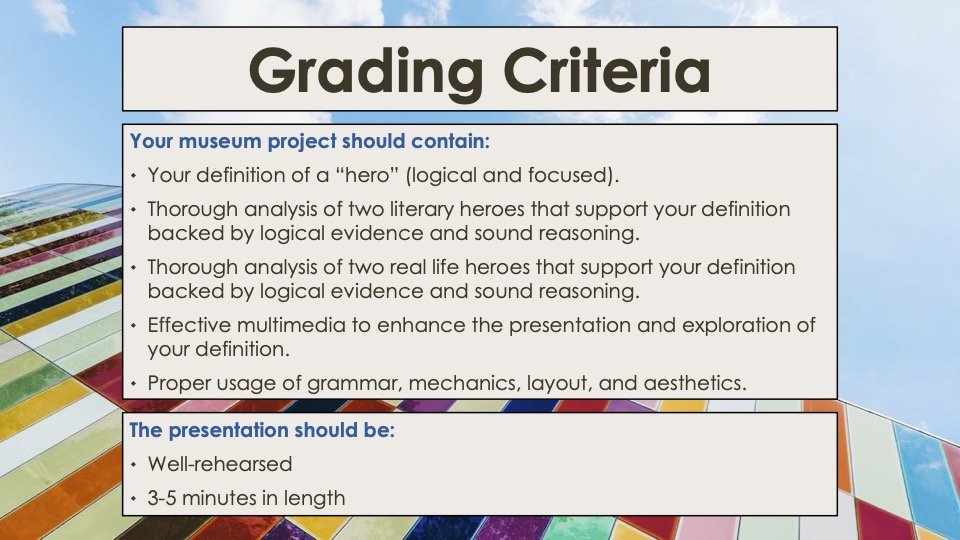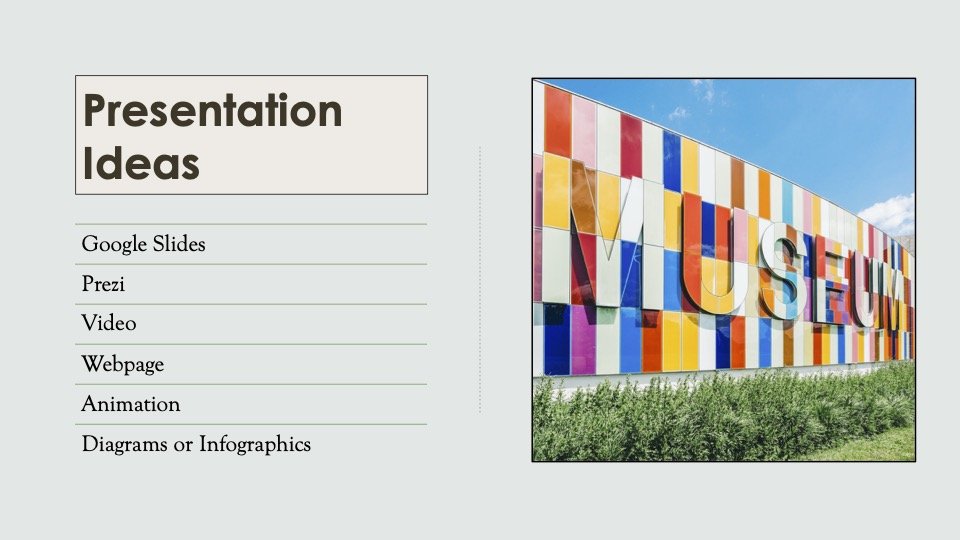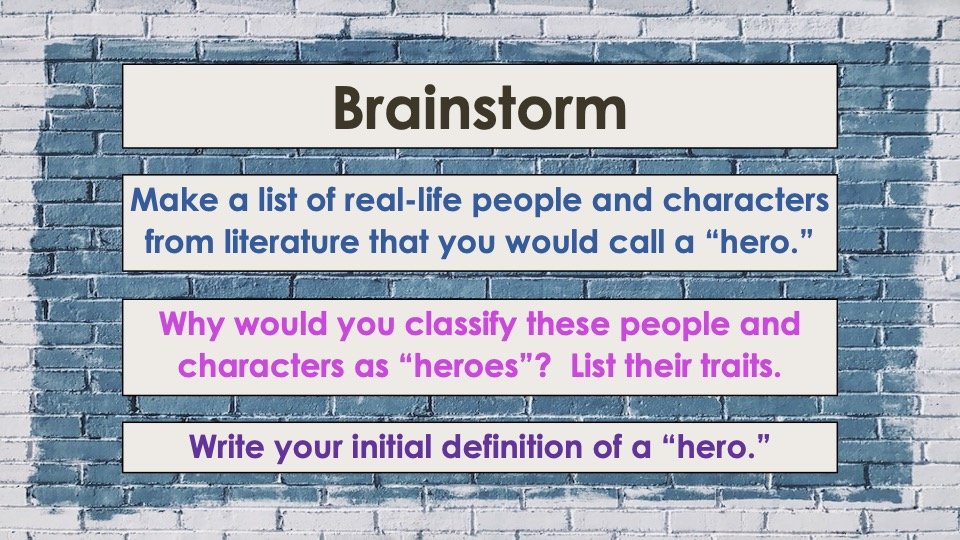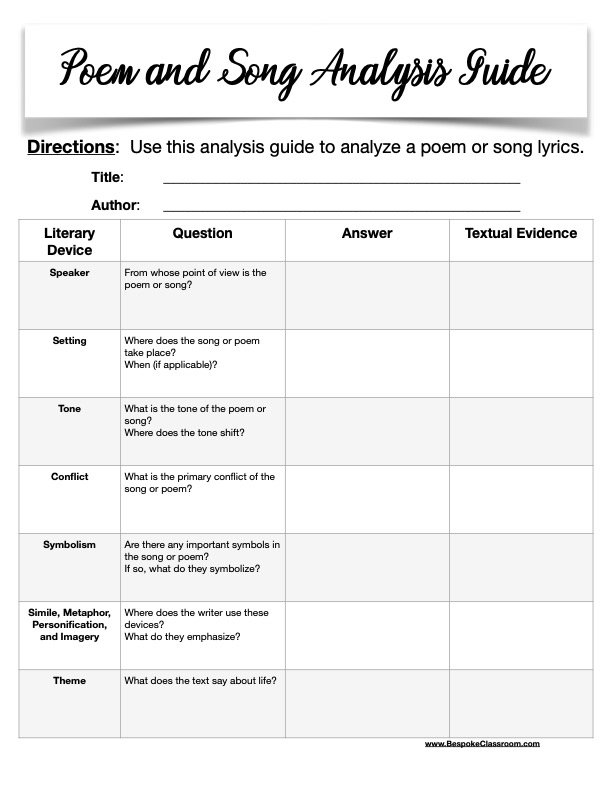What is the definition of a hero?
This is the quintessential question that arises when teaching any unit that involves heroism— whether it’s a unit on epic heroes or a unit on everyday heroes.
Joseph Campbell said, “A hero is someone who has given his or her life to something bigger than oneself.”
Christopher Reeve said, “A hero is an ordinary individual who finds the strength to persevere and endure in spite of overwhelming obstacles.”
There are many different ways to define “heroism,” which makes this highly engaging thematic unit a good choice for students across grades and levels. In fact, I aim to have students create their very own definitions of a hero as they work through reading epic poetry or any other literature related to this thematic topic.
In this blog post, I will provide a list of lessons and resources for teaching a unit on heroes. These lessons and resources are designed to be engaging and informative and to help students develop a deeper understanding of the hero in literature and the world.
The Hero’s Journey
The hero’s journey is a cornerstone of any unit about heroes, and no unit on heroes would be complete without a look at Joseph Campbell’s monomyth. To start, students need a broad understanding of the hero’s journey and how the stages of the hero’s journey reflect the growth of the hero and also communicate key traits of the hero’s culture as well as key themes of the text.
I’ve created a FREE handout on the hero’s journey that you can download from the FREEBIE LIBRARY.
Activities
Hero's Journey Map: Have students create a map of their favorite hero's journey, using symbols to represent the different stages.
Hero's Journey Storyboard: Have students create a storyboard of their favorite hero's journey, including a brief description of each stage.
Hero’s Journey Infographic: Have students create an infographic of their favorite hero’s journey.
Resources
The Hero with a Thousand Faces by Joseph Campbell: This book is the definitive text on the hero's journey. It is a bit complex, but it is a great resource for teachers who want to learn more about the hero's journey in depth.
The Writer's Journey by Christopher Vogler: This book is a more accessible introduction to the hero's journey. It is written for writers, but it is also a great resource for teachers who want to learn more about the hero's journey and how to apply it to their teaching.
The Hero's Journey: A Map of the Soul by Michael Meade: This book explores the hero's journey from a psychological and spiritual perspective. It is a great resource for teachers who want to help their students understand the hero's journey on a deeper level.
The Hero's Journey: A Guide to Myth, Literature, and Life by David Fontana: This book provides a comprehensive overview of the hero's journey, from its ancient origins to its modern applications. It is a great resource for teachers who want to learn more about the hero's journey and how to use it in their teaching.
The Hero's Journey: A Classroom Guide by Michael Meade: This book provides lesson plans and activities for teaching the hero's journey in the classroom. It is a great resource for teachers who are new to teaching the hero's journey or who are looking for new ideas.
HERO PROFILES
To get started with a unit on heroes, it’s effective to begin by asking students to think about who they would classify as a hero. This enables students to tap into what they already think and know about heroes and heroism.
For this starter activity, students can select a favorite real-life hero, historical or contemporary. They can then create a Hero Profile for this person and share it out with a small group or with the entire class. I like to turn my classroom into a hero museum and hang their hero profiles all around the room.
The Hero Museum Project
This project allows students to create their own virtual museum exhibit dedicated to two heroes from literature and two heroes from real life.
Students will research their heroes, create a virtual museum exhibit, and present it to the class. This project is a great way to assess students' understanding of epic poetry, their research skills, and their creativity.
To house their museum exhibits, students can use a website template from Canva or try out Google Sites. My students have tried both and say that they are both very accessible.
Once students have completed their projects, you can have them share their virtual museum exhibits with the class. Students can present their exhibits, or they can simple visit each other’s exhibits online. This is a great way for students to share their learning and to celebrate the accomplishments of heroes.
Find a copy of this project ready to go over at the Bespoke ELA TpT shop by clicking here.
Songs and Poems about Heroism
Songs and poems about heroism can be a powerful tool for teaching students about the different traits of a hero. They can help students to understand the importance of courage, selflessness, and determination. They can inspire students to explore the various traits and definitions of a hero as they work to construct their own definitions.
Here are some ways that teachers can use songs and poems to explore the different traits of a hero:
Ask students to identify the heroic qualities in a song or poem. For example, in the song "The Climb" by Miley Cyrus, students can identify the heroic qualities of courage, determination, and perseverance.
Have students write their own songs or poems about heroes. This can help students to reflect on the different traits of a hero and to develop their own understanding of heroism.
Here are some examples of songs and poems about heroism that teachers can use in the classroom:
Songs:
"Hero" by Mariah Carey
"Superman" by Five for Fighting
"The Climb" by Miley Cyrus
"Imagine" by John Lennon
"We Are the World" by USA for Africa
"My Hero" by Foo Fighters
"Wind Beneath My Wings" by Bette Midler
"Something Just Like This" by The Chainsmokers ft. Coldplay
“Anti-hero” by Taylor Swift
Poems:
"Invictus" by William Ernest Henley
"Do Not Go Gentle into That Good Night" by Dylan Thomas
"Hero" by Christina Rossetti
"O Captain! My Captain!" by Walt Whitman
"The Charge of the Light Brigade" by Alfred, Lord Tennyson
"Ulysses" by Alfred, Lord Tennyson
“If” by Rudyard Kipling
"The Hero" by Siegfried Sassoon
"Dulce et Decorum Est" by Wilfred Owen
"Courage" by Maya Angelou
"The Heroine" by Emily Dickinson
These are just a few examples of songs and poems about heroism that teachers can use in the classroom. There are many other great resources available, and teachers are encouraged to find songs and poems that are appropriate for their students' age level and interests.
An engaging way to hook students with this activity is to have them find songs that depict heroism and then share out with a group or with the class, explaining how their song selections depict heroism. By finding their own songs, students can share music they like and connect it to literature.
Find a free song / poem analysis guide over in the Freebie Library on the blog by clicking here.
Here are some specific activities that you can do with your students using these poems:
Have students identify the traits of heroes that are highlighted in each poem. For example, students might identify courage in "Invictus" and determination in "If—."
Ask students to discuss how the heroes in these poems inspire them. Students might talk about how they admire the heroes' courage, strength, or compassion.
Have students write their own poems about heroes. Students might write about real-world heroes, or they might create their own fictional heroes.
Create a class anthology of poems about heroes. This is a great way to showcase students' work and to create a resource that can be used by future classes.
Articles and Videos
When teaching a unit on heroism in a high school English class, it can be helpful to provide students with access to a variety of resources, including articles and videos. Articles and videos can help students to learn about different types of heroes, the different ways that heroism is expressed, and the impact that heroes have on society.
Here are a few articles and videos that can be used in a unit on heroism:
Articles:
Videos:
I hope you found something here you can use for your next unit on heroes. Please be sure to subscribe to the blog in order to gain access to the 100+ FREE resources housed in the Freebie Library— and leave a comment below with your ideas, tips, resources, and activities for teaching a unit on heroes.
About the Author
Meredith is the founder and creator of Bespoke ELA and TeachWriting.org. She has taught high school English for 15+ years in Dallas, Chicago, and New York City and holds a M.A. in Literature from Northwestern University. She has always had a connection to the written word-- through songwriting, screenplay writing, and essay writing-- and she enjoys the process of teaching students how to express their ideas. Meredith enjoys life with her sweet daughter and Yorkie.



